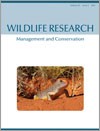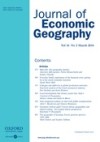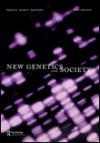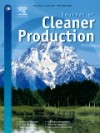Martínez-Jauregui M., Herruzo A.C. & Campos P. (2015) What does hunting market price reflect? The role of species, landscape and Management. Wildlife Research 42(3): 280-289

Abstract
Context: Hunting transactions can be considered a composite good that includes various attributes or characteristics. Obtaining information regarding the utility derived from the different characteristics of the hunter’s bag might help elucidate the purchasing behaviour of hunters. This behaviour is, in turn, an important aspect to be considered by land managers in adaptive hunting management.











